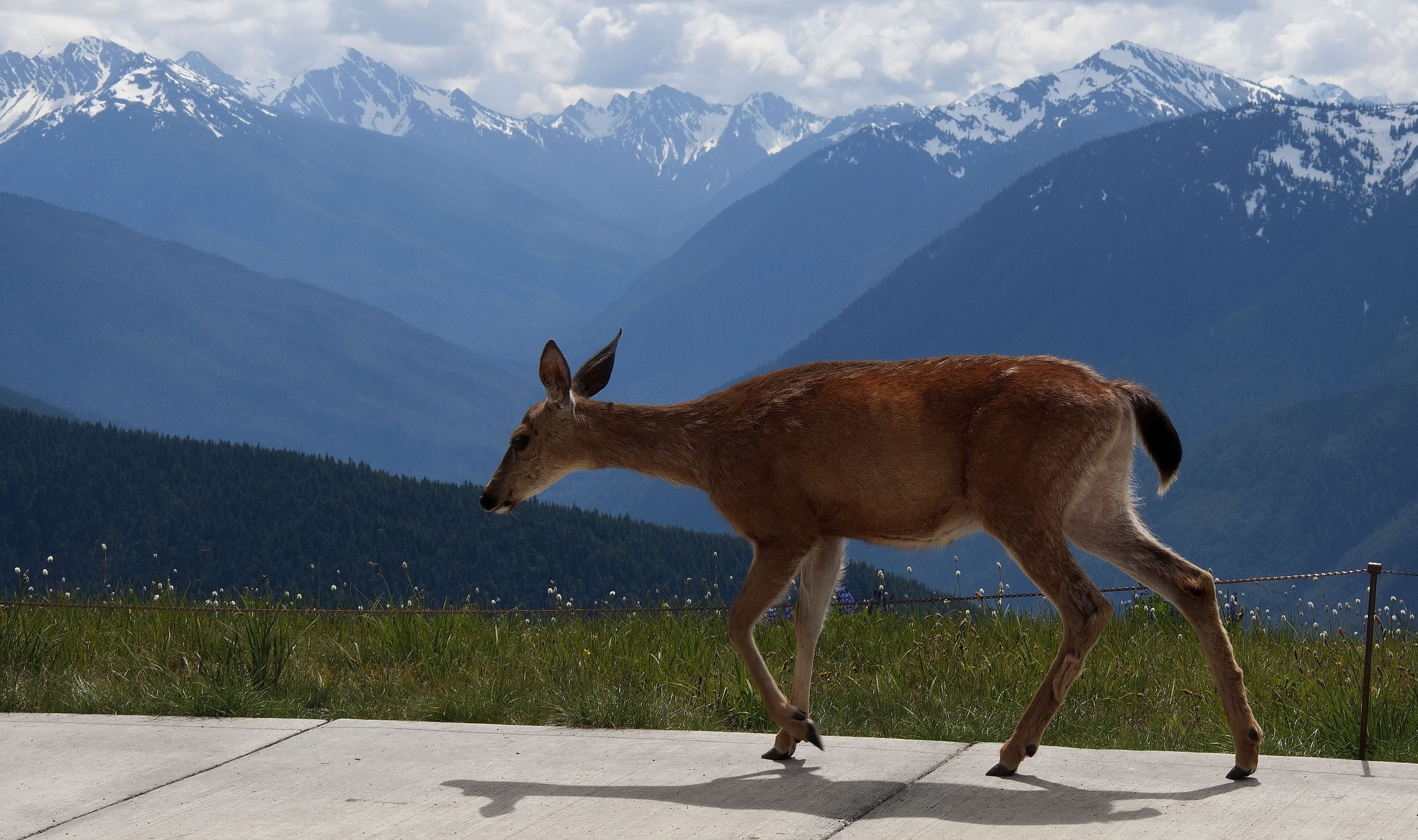A Trip to America’s Birthplace
PHILADELPHIA — This is our first trip to the birthplace of America, a fitting place to visit just before Independence Day. The weather is just slightly cooler than Behind the Pine Curtain, just enough to make it tolerable to walk these historic streets. My Beautiful Mystery Companion and I booked a hotel across the street from Independence Hall, where both the Declaration of Independence and the U.S. Constitution were crafted, debated and ultimately adopted by the Founding Fathers — a term that is a bit cringeworthy but accurate. White men ran the show in 1776.
 So let us praise Betsy Ross, whose home we toured a few blocks away. She sewed the second official U.S. flag, but she should be known for so much more — an accomplished upholsterer who, besides crafting the flag, packaged munitions for the Continental Army, outlived three husbands and lived to 84 at a time when such longevity was rare. She is an entirely admirable figure in our history.
So let us praise Betsy Ross, whose home we toured a few blocks away. She sewed the second official U.S. flag, but she should be known for so much more — an accomplished upholsterer who, besides crafting the flag, packaged munitions for the Continental Army, outlived three husbands and lived to 84 at a time when such longevity was rare. She is an entirely admirable figure in our history.
A nearby long-lived neighbor was Benjamin Franklin, in many ways the genius architect of the American Revolution. His surname is splashed across Center City, the historic district in which we are staying. I have long admired Franklin for his wit, his inimitable curiosity and intellect, and the fact he made a living publishing newspapers and running a printing press. A recreated printing shop features employees of the National Park Service operating a flatbed press similar to what Franklin used, running off copies of the Declaration of Independence before enthralled tourists — especially the younger ones.
That document famously proclaimed, “these truths to be self-evident, that all men are created equal, that they are endowed by their Creator with certain unalienable Rights, that among these are Life, Liberty and the pursuit of Happiness.” Roughly 25 of the 55 men who affixed their signatures to the Declaration of Independence, including Franklin, were enslavers. He had a half-dozen enslaved people in his household. Eventually, after the Revolutionary War’s end, he became president of the Abolition Society. In 1790 Franklin petitioned Congress to bring slavery to an end, which, of course, would not occur for another 75 years, after a brutal Civil War. Franklin’s turn to abolitionism might not have erased his original sin of “owning” human beings, but perhaps it helps to ameliorate it. As an old privileged white man, it is not up to me to decide that.
The many exhibits and museums we visited — the Museum of the American Revolution, National Constitution Center and others — take pains now to acknowledge that “all men are created equal” at the time meant all white men, not Black people, or women, or Native Americans. I read an oped piece in the Washington Post a few days ago by Gordon S. Wood, a Pulitzer Prize winner three decades ago for his book on the American Revolution. With the 250th anniversary of the American Revolution just two years away, he wrote:
…When we set aside our present-minded criticism of the Founders’ backwardness, it is difficult to deny the originality of their thought and the creativity of their politics. They inspire in us both a sense of awe and an acute sense of loss. We know that they possessed political and intellectual capacities well beyond our own, and we know that we will never see their likes again.
That neatly sums up how I felt walking the streets of Philadelphia, standing in the very room of Independence Hall where these men whose names we learn in elementary school — Franklin, Thomas Jefferson, John and Sam Adams, John Hancock, John Penn, and others — gathered to declare a new nation holding to democratic precepts unique to this nation. By modern standards, they were deeply flawed, but while walking those streets I was again awed by what they managed to accomplish — creating a new country out of whole cloth.
The streets were crowded with tourists, speaking with broad Boston accents, the unmistakable Dixie twang, various foreign languages. I knew nothing of their politics and was not interested in finding out. We all seemed to have a common purpose in being here, to learn the story of America’s origin in our individual ways. Warts and all, even in these times fraught with assaults on democracy, that story is worth learning and experiencing first-hand.
Happy Fourth, y’all.
Leave a reply
Fields marked with * are required











